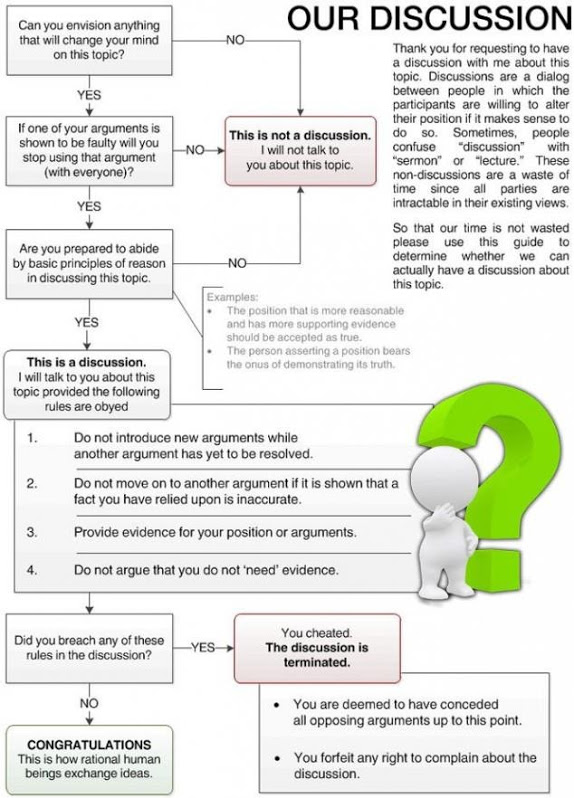As of this moment, the following is wikipedia's description of the topic at hand:
The impostor syndrome, sometimes called impostor phenomenon or fraud syndrome, is a psychological phenomenon in which people are unable to internalize their accomplishments. Despite external evidence of their competence, those with the syndrome remain convinced that they are frauds and do not deserve the success they have achieved. Proof of success is dismissed as luck, timing, or as a result of deceiving others into thinking they are more intelligent and competent than they believe themselves to be.
Does this sound like someone you know? Does any of this describe yourself? I learned about imposter syndrome in 2011 when my husband forwarded Jean Hsu's blog entry, Overcoming Impostor Syndrome. He was not-so-subtly trying to make a point.
I recognized it in myself, immediately. At the time, I had a BA and I was close to finishing my Associates in Applied Science - but I wasn't a good student. I just sound intelligent, so people make assumptions. I was also digging myself deeper into debt, and without a lot of help, I would not have attained my degree - anyone can apply for loans. This isn't a healthy train of the thought.
I shared Ms Hsu's blog with my classmates and asked if any of them felt this way. One of them, unimpressed, said, "All the time," though this was new terminology. It helped to put a face to the enemy, even if we've long since been familiar with its work.
I thought I'd left the bulk of this problem in that classroom, but today I learned otherwise. This video taught me that I'm still afraid of being "found out".
To recap, as I know you took the time to watch the video Ms Diamond put together for us, what is fear? False Evidence Appearing Real. I've had all the evidence stacked against me. I only got through two degrees because I had a bunch of help
(never mind that help is part of education). I'm only an AMTA volunteer because someone else didn't sign up (although I see merit in someone doing something that others do not want to do, I offer no merit for myself). I've only met accomplished MTs because of the people I've met through AMTA (because I haven't met other wonderful people under similar circumstances). You see the pattern.I thought myself much over impostor syndrome when I applied for my business license. Understandably, I was nervous about this new endeavor; who wouldn't be? I've never run a business before, and it could fail. Dwelling on this fact certainly doesn't help, and can set one up for failure before even trying.
No need to get philosophical on me.
What do we do when we fail? Wrap ourselves in a blanket, cry, eat a pint of ice cream, then try again. That's the easy part. So, what do we do when we succeed? I had no idea that one could be afraid of success, but it's just as real as being afraid of failure. Success leads to new challenges and new potential for failure. In a cynical way, I feel this is a reason to embrace success, if we're so familiar with failure.
Aside from our worst critic, who's keeping score of our success and failure? That annoying relative who knows everyone's marital and parental status doesn't count. We are our own worst critics, so once we've assessed our efforts and concluded that we've done all we can, who can fault us for success or failure? Whether we're the CEO of a mega-corporation or a sole proprietor, we're always looking for ways to improve our business. We don't know everything, and we're always learning. Once we accept that we have this in common, who can we call an impostor?
